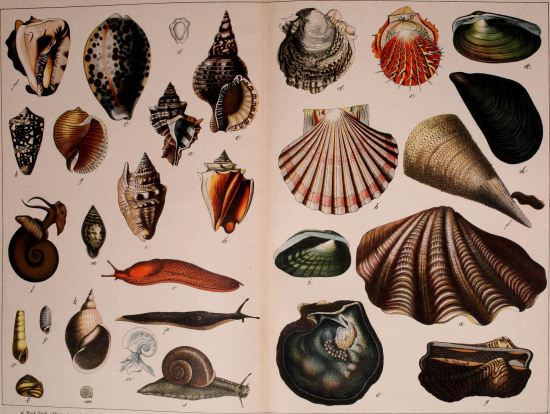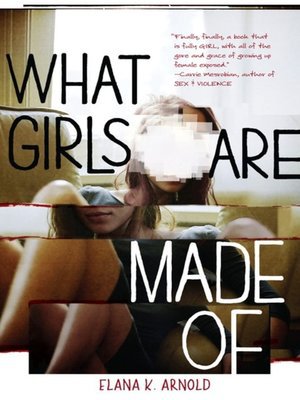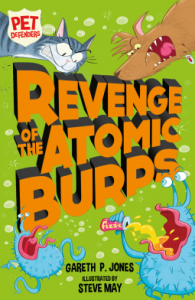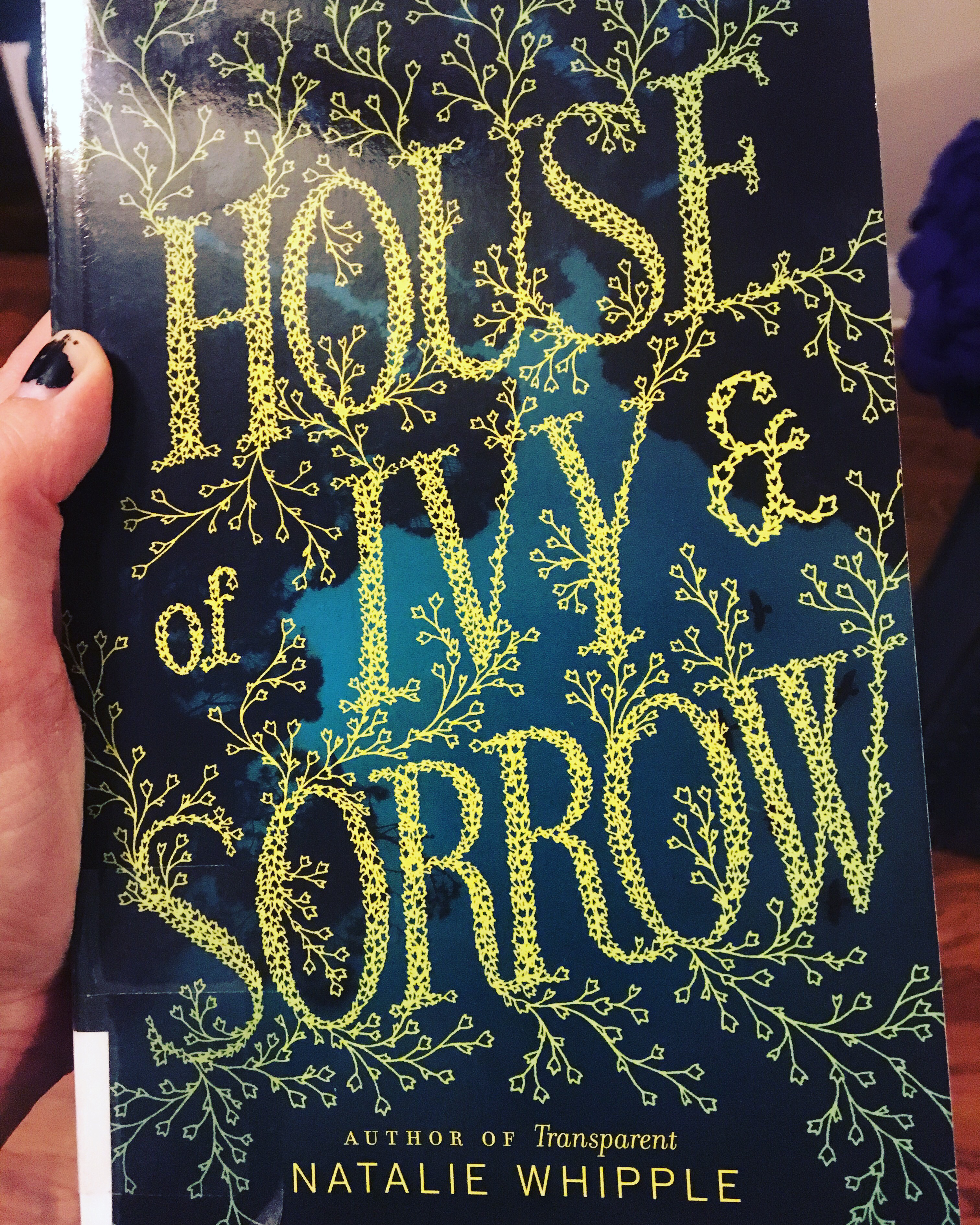
Diversity
“Metaphor is the currency of knowledge.”
— Luca Turin, quoted by Chandler Burr in The Emperor of Scent
(In The Emperor of Scent (2003) Chandler Burr tells how Luca Turin, a French-Italian biophysicist, originated the vibrational theory of olfaction and struggled to be heard within the scientific community. Exciting non-fiction book, lively prose, highly recommended.)
Metaphors, by their non-literal nature, are built on disparate knowledge.
Here is the full quote:
“Metaphor is the currency of knowledge. I have spent my life learning incredible amounts of disparate, disconnected, obscure, useless pieces of knowledge, and they have turned out to be, almost all of them, extremely useful. Why. Because there is no such things as disconnected facts. There is only complex structure. And both to explain complex structure to others and, perhaps more important—this is forgotten, usually—to understand them oneself, one needs better metaphors.”
I agree with his viewpoint.
This week’s quotes may have been rather dark, with Richard Morgan’s mass murder, China Miéville’s ambulatory corpse, and the humour of suicidal and homicidal birds from E. B. White’s essay Mr Forbush’s Friends, but perhaps that’s alright.
All sorts of knowledge come in handy: deep and shallow, dispiriting and uplifting, morbid and pure. Indeed, staying away from the nasty, reading just about the nice, would leave us few verbal and mental tools — perhaps even leave us an unexercised imagination — with which to fight the daily melancholy of our own lives, let alone some fiercer trouble. Facing demons within the safety of literary worlds is practice, and the only kind of practice we can get before reality strikes unreservedly, untempered.
PS (added on 5 May 2017): I just noticed that Ian McEwan said in his 2002 interview for the Paris Review: “We need to play out our fears within the safe confines of the imaginary, as a form of hopeful exorcism.”






